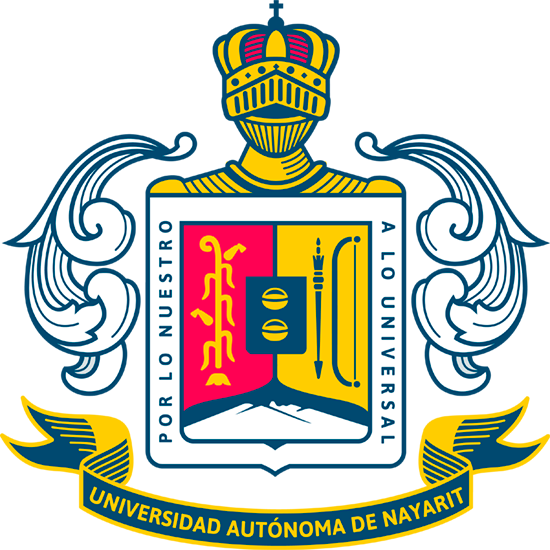Abstract
Mango fruits (Mangifera indica L.) are of commercial importance for their fresh and processed consumption. Approximately 52,000 tons are produced annually, mainly in India, China, Thailand, Indonesia, Pakistan, Mexico, Brazil, Bangladesh, Nigeria, and the Philippines. However, the production and marketing of this fruit are affected by the development of parthenocarpic and stenospermocarpic mangoes as they do not meet quality standards such as size and weight. Therefore, investigations have been carried out that try to solve the problem or find the causative factor, among which temperature, nutrients, and phytohormones as responsible for these mango physiopathies. This research aims to analyze the research that has been carried out trying to explain the factors involved in the development of parthenocarpy and stenospermocarpy in mango fruits.

Revista Bio Ciencias by Universidad Autónoma de Nayarit under Creative Commons Attribution-NonCommercial 3.0 Unported License.
Based on work of http://biociencias.uan.edu.mx/.
Further permits not covered by this licence can be found at http://editorial.uan.edu.mx/index.php/BIOCIENCIAS.






